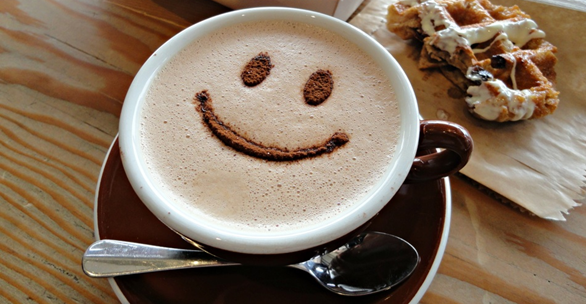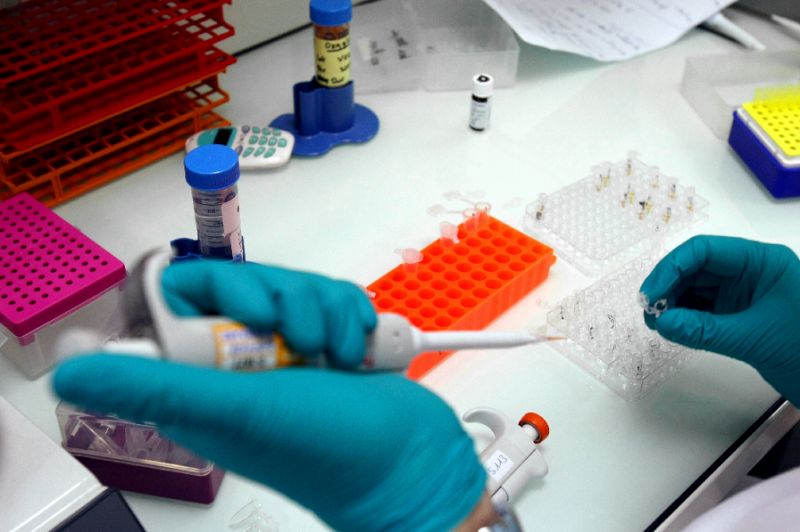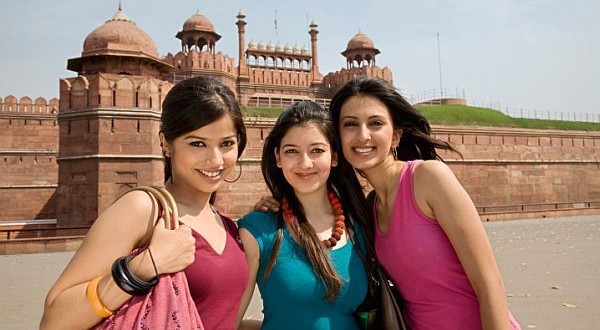London|HL
WHO has cleared coffee of causing cancer, but a detailed investigation has found that very hot drinks may be linked to cancer of the oesophagus, or gullet.
Coffee was classified as a possible cause of cancer in 1991, but thev International Agency for Research on Cancer (IARC),which is part of WHO, has now reconsidered the evidence. It carried out a detailed review of the many studies published on the subject and found that coffee drinkers have no reason to worry.
IARC also investigated the herbal drink mate, also known as chimarrão orcimarrón, which is widely consumed in South America, where oesophageal cancer is more common than in other parts of the world.
The experts found that mate was not a cause of cancer, but they believe the temperature at which it is drunk probably is – and that other very hot drinks could also be linked to oesophageal cancer.
Mate is drunk at temperatures of more than 65C (149F), often through a metal straw. The scientists also looked at drinks including tea consumed at high temperatures in central Asia, China and Japan.
“It is consumed very hot,” said IARC’s Dr Dana Loomis. “This led to interest in other hot drinks around the world. There seems to be an effect of temperature.
“There is limited evidence in human studies, and limited evidence in animal studies, for the carcinogenicity of very hot drinks,” said Loomis.
IARC produces what it calls monographs on the causes of cancer, which use classifications from group one, where the link is definite, as with smoking; to group four, where there is probably no link.
The new monograph classifies hot drinks as group 2A, meaning they are “probably carcinogenic to humans”. Coffee and mate served cold are in group three, which means there is insufficient evidence to believe they cause cancer. IARC’s conclusions are published in the Lancet Oncology journal.
Those who enjoy hot tea in Europe and the US probably do not need to worry, Loomis said. “It is important to recognise that hot drinks that were studied for the basis of this classification are perhaps a bit different from tea or coffee as consumed [in other parts of the world] – 65C is quite hot.”
Inputs:the guardian/TOI










